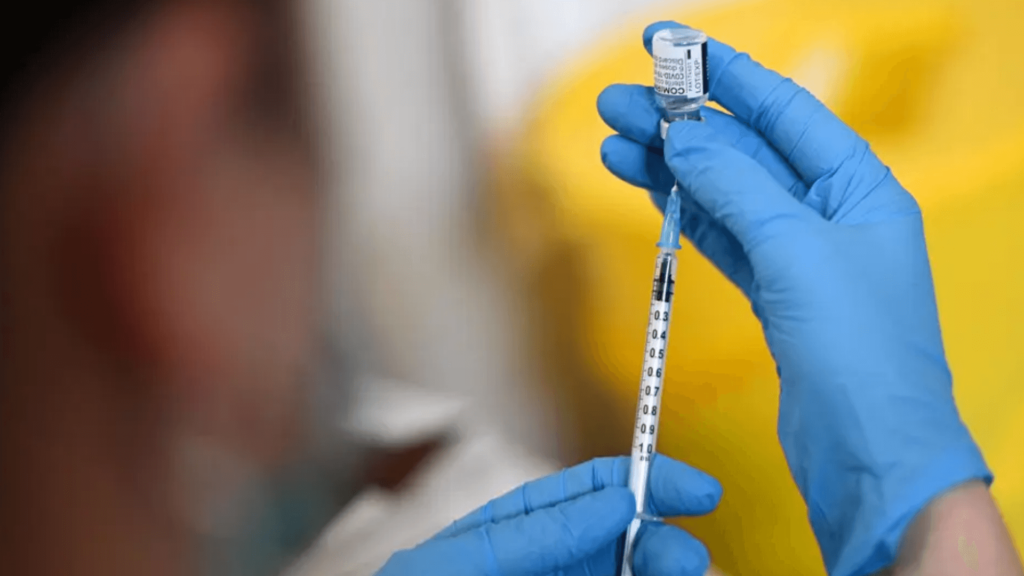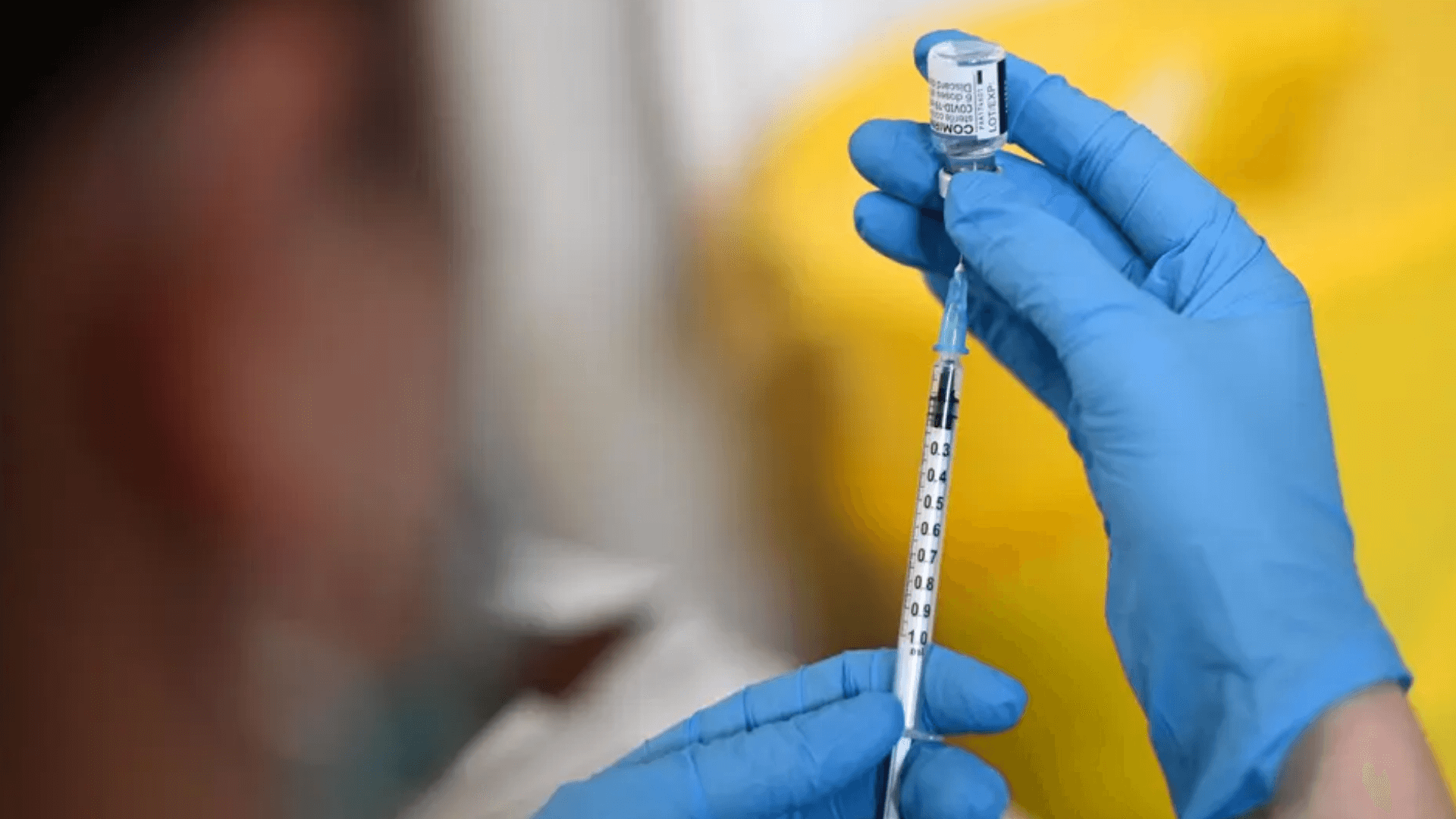In some places, Omicron was initially recorded in November, and it is gradually the dominant one there. It’s also been found in a few more nations.
Omicron: A New Front For Researchers To Counter With Vaccines
WHO also declared it as VOC (a variant of concern) due to its high speed of spreading. Now it is a worry variant with the potential to alter the pandemic’s behavior; thus, the WHO pays particular attention to it.

SARS-CoV-2, the virus that causes COVID-19, has 13 identified variations. Some other variants were also there, but they are not considered as risky as this one. Omicron is still a mystery to us, and we don’t know how it will affect the epidemic.
We’re observing the situation in many more countries and are in direct contact with authorities at WHO. We have different networks with medical professionals and researchers, and we are updating the information regularly.
According to preliminary findings, most people who get Omicron experience just minor symptoms. Experts from all across the world are keeping a close eye on it to see if it is more prone than previous variations to cause serious illness.
To date, there is no indication that the immunizations offered are any less successful at avoiding Omicron-related severe illness hospitalization or death. We’re trying to figure out how effective the vaccines that are now approved for use in Australia are at protecting people from this variant’s symptoms.
According to population-level research, the Omicron variation is linked to a significant ability to resist prior infection immunity. In contrast, there is no indication of immunological escape associated with the Beta or Delta mutations in a population-wide epidemiological study.
This discovery has major implications for public health policy, especially in nations like some countries where past infection immunity is substantial. There are also unanswered questions about whether Omicron can bypass vaccine-induced immunity as well as the implications of lower infection immunity on protection against severe disease and death.
Researches in accordance with the mutations and primary observations done with caution suggest that this variant spreads faster and escapes antibodies more easily than previous variants increasing cases of reinfection and mild breakthrough infections in vaccinated people also.
People who have been vaccinated had a considerably lower chance of serious sickness from omicron infection, according to data from prior VOCs. Vaccination combined with public health initiatives is predicted to remain an effective preventative method.
Another issue to consider is immune escape. Preliminary findings from the nationwide PCR testing program could provide some clues in the absence of data on observational vaccination effectiveness and antibody-neutralization tests on vaccine sera. Positive PCR tests among patients who had previously tested positive suggest an increase in cases of reinfection in some countries, according to the data.
However, the increased use of fast antigen testing and the incomplete recording of negative results have made it more difficult to interpret test positivity rates, which have climbed to nearly four times the prior rate in the last week. Despite this limitation, the rise in reinfection instances is consistent with the immune-escape alterations found in Omicron.
Importantly existing public health prevention practices that have been helpful in the past should also be beneficial against the omicron variety.
Researchers are waiting to see how this new VoC will affect clinical outcomes. At this time, anecdotal data from some places medics on the front lines suggests that patients with Omicron are younger persons with a clinical presentation comparable to that of previous variations.
Although no worrisome clinical issues have been raised thus far, this anecdotal information should be viewed with caution since severe COVID-19 instances often manifest several weeks after the onset of moderate disease signs.
